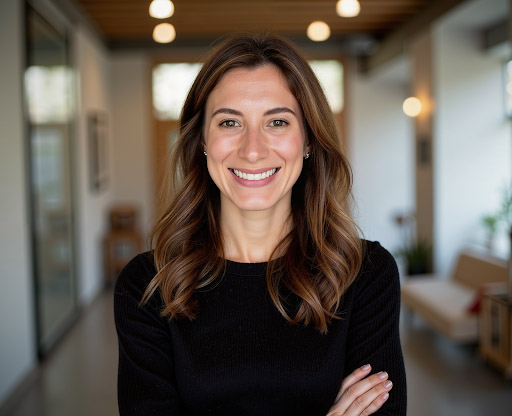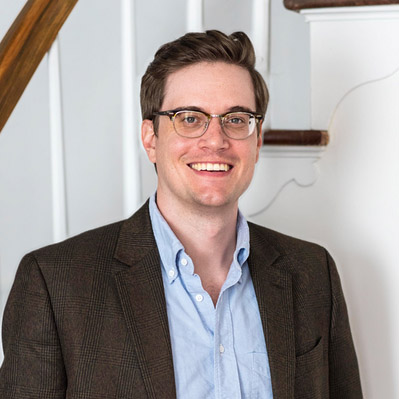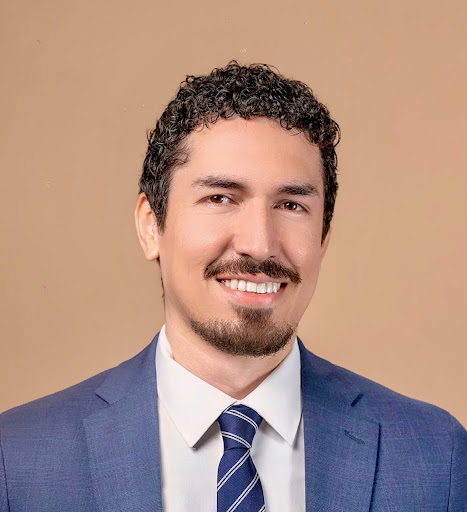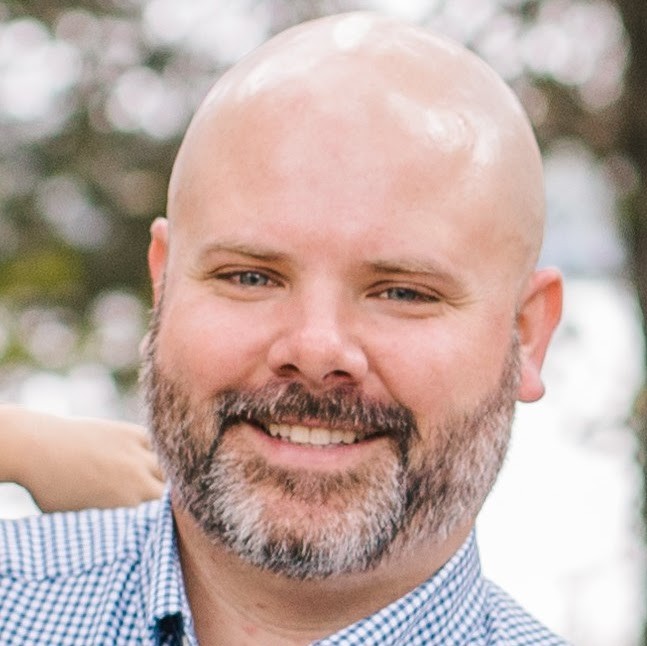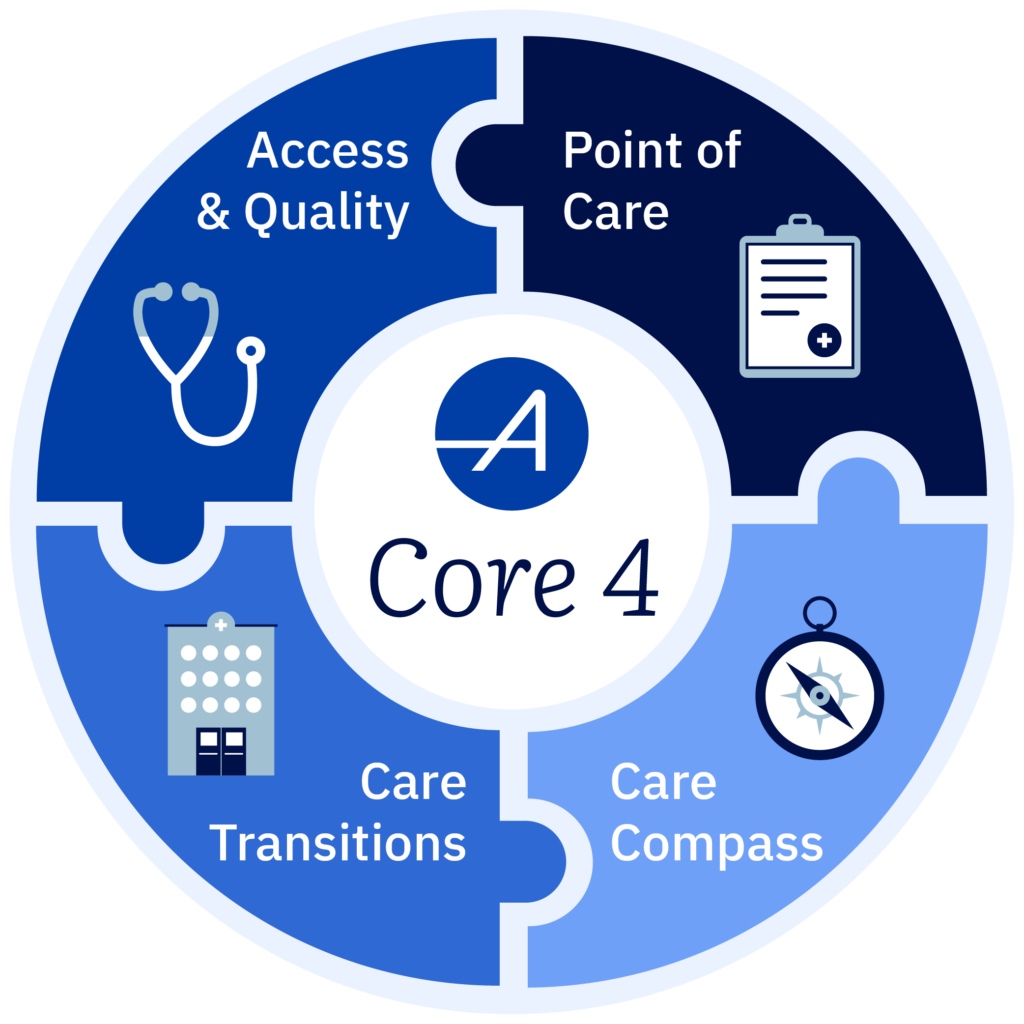Building sustainable primary care through state policy
Our recent outcomes:
- Responsible for inclusion of VBC exemption in successful 2023 prior authorization reform legislation in Arkansas
- Facilitated $2M in funding to practices in California as part of Discretionary State Aid grant opportunities
- Member of the Health Can't Wait coalition focused on prior authorization reform in Colorado, resulting in successful passage of administrative burden reduction bill
- Alignment with North Carolina stakeholders in support of primary care payment taskforce responsible for establishing standards for measurement and investment operations
Our state policy committees, led by physicians and facilitated by Aledade staff, provide a platform to empower and elevate the voices of independent and community-based primary care clinicians. The committees allow space for the clinicians to share their stories and data that centers their needs in preventive and value-driven care.
Committees meet regularly and comprise staff members across Aledade Accountable Care Organization (ACO) member practices, including physicians, nurses and office managers eager to remain informed and engaged in state policy development. Areas of advocacy and education include shaping the future of value-based care, primary care investment (focusing on mandated minimum primary care spend), combatting workforce shortages, telehealth, administrative burden reform and Medicaid policies including expansion, among others.
At our core
- Physician-led policy committees
- Legislative tracking and reporting
- Stakeholder engagement and alignment
- Issue advocacy and education
- Opportunities for media spotlights, state policy convenings, payer engagement
- Consultation with Aledade’s policy team
